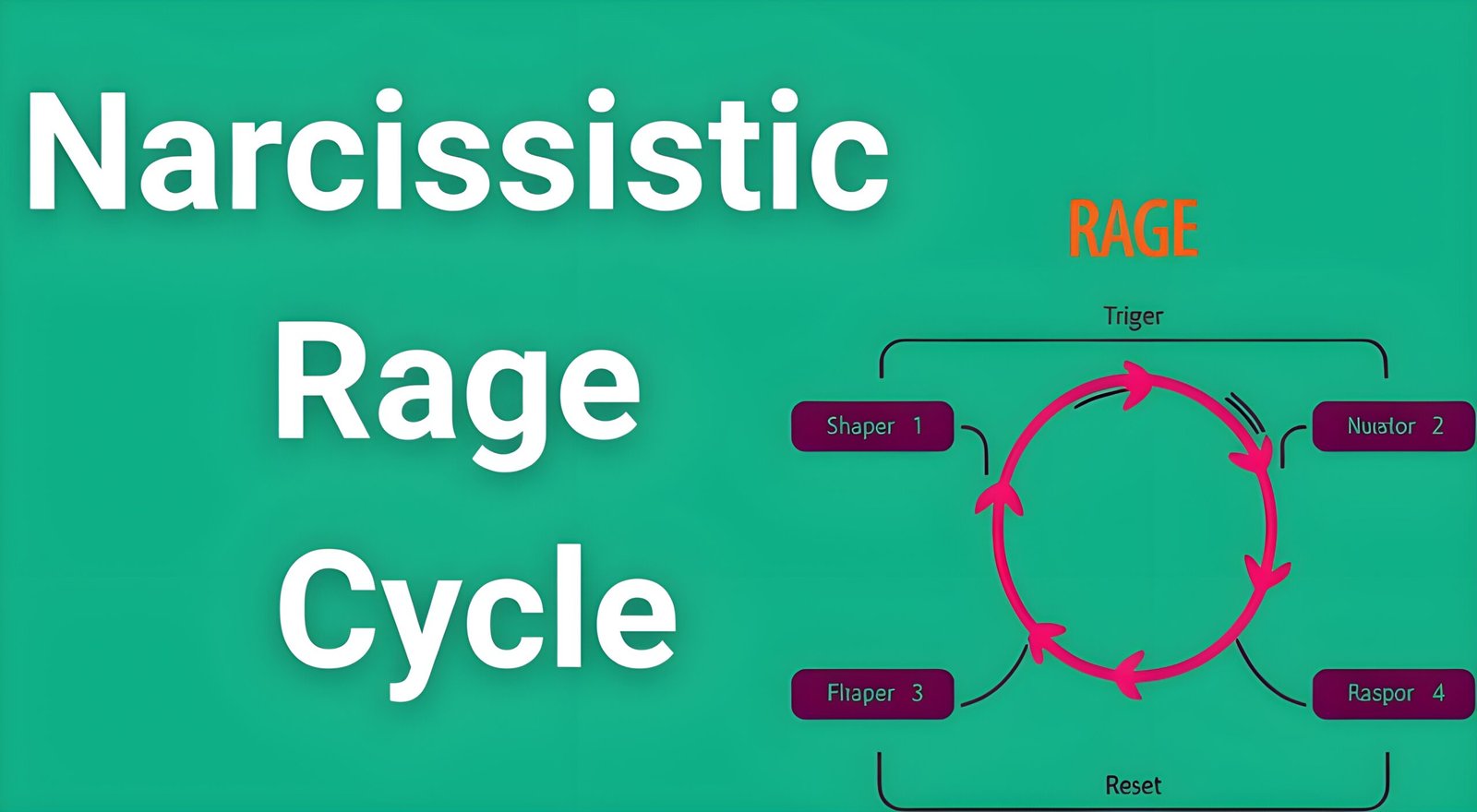If you’re reading this, you’re likely experiencing the devastating reality of a narcissist withholding sex from you. The confusion, rejection, and self-doubt you’re feeling right now aren’t signs of weakness – they’re normal responses to a calculated form of emotional abuse.
- What Is Sexual Withholding in Narcissistic Relationships?
- 7 Cruel Reasons Why Narcissists Withhold Sex
- The Devastating Impact on Victims
- Red Flags: Recognizing Sexual Withholding Patterns
- How to Protect Yourself: Practical Strategies
- Breaking Free from the Trauma Bond
- When You Can’t Leave Yet: Survival Strategies
- Frequently Asked Questions
- Conclusion: Your Worth Isn’t Determined by Their Behavior
When a narcissist suddenly stops being intimate with you, it’s not because you’ve become less attractive or desirable. It’s because they’ve weaponized intimacy as a tool of control and manipulation. This cruel tactic is designed to destabilize your sense of self-worth and keep you desperately seeking their approval.
Understanding why narcissists withhold physical intimacy is the first step toward protecting your mental health and reclaiming your power. Let’s explore the disturbing psychology behind this behavior and what you can do about it.
What Is Sexual Withholding in Narcissistic Relationships?
Sexual withholding occurs when a narcissist deliberately refuses physical intimacy as a means of punishment, control, or manipulation. Unlike normal relationship challenges where partners communicate about intimacy issues, narcissist withholding sex is a calculated psychological tactic.
This behavior typically emerges after the initial “love bombing” phase, when the narcissist has secured your emotional attachment. What once felt like passionate, connected intimacy transforms into cold rejection or mechanical encounters that leave you feeling used and confused.
The most devastating aspect of this abuse is how it’s designed to make you question your own worth while keeping you trauma-bonded to your abuser.
7 Cruel Reasons Why Narcissists Withhold Sex
1. Ultimate Power and Control
The primary reason behind narcissist withholding sex is their insatiable need for control. Narcissists view relationships as power dynamics where they must maintain dominance at all costs.
Sexual intimacy creates vulnerability – something narcissists cannot tolerate in themselves but exploit in others. By controlling when and if intimacy occurs, they hold tremendous power over your emotional state, self-esteem, and behavior.
This control extends beyond the bedroom. When you’re constantly seeking their sexual approval, you become more compliant in other areas of the relationship. You might find yourself walking on eggshells, changing your behavior, or abandoning your own needs just to win back their physical affection.
2. Punishment for Perceived Slights
Narcissists have fragile egos that are easily wounded by any perceived criticism, independence, or failure to provide adequate narcissistic supply. When they feel slighted, narcissist withholding sex becomes their preferred method of retaliation.
The “offense” might be something as minor as:
- Disagreeing with their opinion
- Spending time with friends they don’t approve of
- Achieving success that threatens their superiority
- Failing to respond to their need for attention immediately
This punishment is particularly cruel because it targets your most intimate needs while often leaving you confused about what you “did wrong.” The narcissist rarely explains their withdrawal, leaving you to anxiously guess and self-blame.
3. Creating Intermittent Reinforcement
One of the most psychologically damaging aspects of narcissist withholding sex is how it creates intermittent reinforcement – the same psychological principle that makes gambling addictive.
After periods of rejection and withdrawal, the narcissist will occasionally become sexually available again. This unpredictable pattern of punishment and reward creates a powerful trauma bond that keeps you psychologically addicted to the relationship.
Your brain begins associating the relief of finally receiving intimacy with intense gratitude toward your abuser. This cycle makes leaving feel impossible, even when you logically understand the relationship is harmful.
4. Fear of Genuine Intimacy
Despite their grandiose exterior, narcissists are deeply insecure individuals who fear authentic emotional connection. True intimacy requires vulnerability, empathy, and the ability to see your partner as a complete person rather than an object.
Narcissist withholding sex often stems from their inability to handle the emotional intimacy that healthy sexual relationships require. As the relationship progresses and deeper feelings develop, the narcissist becomes increasingly uncomfortable with the vulnerability involved.
They may shut down sexually to maintain emotional distance and protect themselves from the genuine connection they both crave and fear.
5. Securing New Sources of Supply
When narcissists begin withholding intimacy from their primary partner, it’s often because they’ve identified new sources of narcissistic supply. This could be another romantic interest, increased attention from colleagues, or validation from social media.
The sexual withdrawal serves multiple purposes:
- It frees up their energy to pursue new sources of admiration
- It begins the devaluation process of their current partner
- It creates justification for their infidelity (“We weren’t being intimate anyway”)
This phase is particularly devastating because you’re left feeling rejected and confused while they’re actively investing their romantic and sexual energy elsewhere.
6. The Madonna-Whore Complex
Many narcissists, particularly male narcissists, struggle with the Madonna-whore complex – an inability to maintain sexual desire for someone they perceive as “pure” or emotionally significant.
As your relationship deepens and you become more than just a sexual object to them, some narcissists begin viewing their partner as the “Madonna” – someone too pure to be sexual with. This psychological split makes them unable to maintain sexual desire for you.
Narcissist withholding sex in these cases isn’t necessarily malicious but stems from their deeply dysfunctional relationship with intimacy and their inability to integrate emotional and physical love.
7. Testing Your Attachment and Loyalty
Narcissists constantly test their partners’ dedication through various forms of abuse and withdrawal. Sexual withholding serves as a test of how much you’ll tolerate while remaining in the relationship.
They want to know:
- How long will you stay without your needs being met?
- How much will you degrade yourself trying to win back their affection?
- Will you seek intimacy elsewhere, giving them ammunition to blame and discard you?
This testing phase helps them gauge their level of control and your likelihood of leaving. The longer you stay despite the sexual rejection, the more confident they become in their ability to abuse you in other ways.
The Devastating Impact on Victims
Emotional and Psychological Damage
Narcissist withholding sex creates profound psychological trauma that extends far beyond simple sexual frustration. Victims commonly experience:
Self-Worth Destruction: Constant rejection leads to believing you’re undesirable, unattractive, or fundamentally flawed.
Identity Confusion: You begin questioning your own perceptions, memories, and understanding of your relationship.
Trauma Bonding: The intermittent reinforcement creates an addictive cycle that makes leaving feel impossible.
Anxiety and Depression: The unpredictable nature of the abuse creates chronic stress and mental health issues.
Physical Health Consequences
The stress of living with narcissist withholding sex takes a toll on your physical health as well:
- Chronic insomnia from anxiety and hypervigilance
- Digestive issues from constant stress
- Weakened immune system
- Headaches and muscle tension
- Changes in appetite and weight
Impact on Future Relationships
Perhaps most tragically, this form of abuse can damage your ability to trust and connect in future relationships. Many survivors struggle with:
- Fear of intimacy and vulnerability
- Difficulty trusting their own perceptions
- Hypervigilance about partner’s moods and behaviors
- Shame and self-blame around sexual needs
Red Flags: Recognizing Sexual Withholding Patterns
Understanding the patterns of narcissist withholding sex can help you recognize this abuse for what it is:
Early Warning Signs
- Sudden decrease in intimacy after the initial “honeymoon” phase
- Sex becoming conditional on your “good behavior”
- Using intimacy as a reward/punishment system
- Refusing to discuss intimacy issues or blaming you for the problems
Escalating Patterns
- Complete sexual withdrawal for weeks or months
- Cruel comments about your desirability during intimate moments
- Comparing you unfavorably to others
- Making you beg or perform degrading acts to “earn” intimacy
Manipulation Tactics
- Gaslighting about your sexual history together
- Claiming you’re “too needy” or “sex-obsessed”
- Using your sexual frustration to justify their behavior
- Hot-and-cold cycles that keep you off balance
How to Protect Yourself: Practical Strategies
1. Validate Your Experience
The first step in healing from narcissist withholding sex is recognizing that what you’re experiencing is real abuse. Your feelings of confusion, hurt, and desperation are normal responses to abnormal treatment.
Stop questioning whether you’re “overreacting” or being “too sensitive.” Sexual withholding in relationships is a recognized form of emotional and psychological abuse that can cause lasting trauma.
2. Document the Pattern
Keep a private record of the withholding behavior, including:
- Dates and duration of sexual withdrawal
- Your partner’s explanations (if any)
- Your emotional responses
- Any corresponding changes in their behavior toward others
This documentation helps you see the pattern clearly and can be valuable if you decide to seek professional help or legal advice.
3. Rebuild Your Support Network
Narcissists often isolate their victims from friends and family. Narcissist withholding sex can make you feel even more alone and desperate for connection.
Reconnect with trusted friends, family members, or support groups who can provide perspective and emotional support. Consider joining online communities for narcissistic abuse survivors who understand your experience.
4. Practice Radical Self-Care
Prioritize your physical and emotional well-being:
- Engage in activities that make you feel good about yourself
- Exercise regularly to manage stress and boost mood
- Practice mindfulness or meditation to reconnect with your inner wisdom
- Pursue hobbies and interests that bring you joy
5. Set Boundaries
While you can’t control your partner’s behavior, you can control your responses:
- Stop begging or bargaining for intimacy
- Refuse to accept blame for their sexual withdrawal
- Don’t allow them to use sex as a weapon against you
- Maintain your dignity and self-respect
6. Consider Professional Help
A therapist specializing in narcissistic abuse can help you:
- Process your trauma and emotions
- Develop healthy coping strategies
- Plan for your safety and future
- Rebuild your self-esteem and identity
If you’re struggling to understand your situation fully, consider getting professional analysis of your specific circumstances. Sometimes having an expert validate your experience and provide personalized insights can be the clarity you need to move forward.
7. Plan Your Exit Strategy
Narcissist withholding sex rarely improves with time – it typically escalates as part of the broader pattern of abuse. While leaving isn’t always immediately possible, having a plan gives you hope and direction:
- Build financial independence gradually
- Strengthen your support network
- Document the abuse for potential legal proceedings
- Consider safety planning if you fear retaliation
Breaking Free from the Trauma Bond
The hardest part of dealing with narcissist withholding sex isn’t just the rejection itself – it’s breaking free from the psychological addiction that keeps you hoping things will return to how they were in the beginning.
Understanding that this “addiction” isn’t weakness but a normal neurological response to intermittent reinforcement can help you be more compassionate with yourself as you heal.
Recovery requires rewiring your brain’s response to the narcissist’s cycles of punishment and reward. This process takes time, patience, and often professional support, but it is absolutely possible.
For those ready to break free from the psychological chains of trauma bonding, structured approaches that address the neurological aspects of these toxic attachments can be incredibly helpful. The key is understanding that willpower alone isn’t enough – you need strategies that work with your brain’s natural healing processes.
When You Can’t Leave Yet: Survival Strategies
Not everyone can immediately leave a relationship with a narcissist, especially when children, finances, or safety concerns are involved. If you’re in this situation, focus on protecting your mental health while you work toward long-term solutions.
Emotional Protection Strategies:
- Mentally detach from their approval or disapproval
- Develop a strong inner narrative that contradicts their gaslighting
- Create secret sources of joy and self-worth they can’t access
- Remember that their behavior reflects their disorder, not your worth
Practical Safety Measures:
- Keep important documents accessible
- Maintain separate financial resources if possible
- Stay connected with trusted friends or family members
- Document abuse incidents for future reference
When you’re trapped in a situation where leaving isn’t immediately possible, having a comprehensive survival guide can be invaluable for maintaining your sanity and planning your eventual escape.
Frequently Asked Questions
Q: Is sexual withholding always a sign of narcissistic abuse?
A: Not necessarily. In healthy relationships, partners may go through periods of reduced intimacy due to stress, health issues, or other legitimate reasons. The key difference is communication, empathy, and willingness to work together on solutions. Narcissistic sexual withholding is characterized by punishment, control, lack of empathy, and refusal to address the issue constructively.
Q: Can a narcissist change their pattern of withholding sex?
A: While narcissistic personality disorder is considered largely untreatable, some individuals may modify their behavior temporarily, especially if they fear losing their source of supply. However, true change requires genuine empathy, self-awareness, and commitment to treatment – qualities that are fundamentally impaired in narcissistic individuals.
Q: How do I know if I’m overreacting to normal relationship issues?
A: Trust your instincts. If you’re constantly walking on eggshells, questioning your own perceptions, or feeling like you’re going crazy, these are signs of psychological abuse. Normal relationship issues don’t involve deliberate punishment, gaslighting, or patterns of cruel withdrawal.
Q: Should I try to discuss the sexual withholding with my partner?
A: You can try, but be prepared for gaslighting, blame-shifting, or further punishment. Narcissists rarely acknowledge their abusive behavior or work constructively toward solutions. Instead, they’ll likely make you feel guilty for bringing it up or convince you that you’re the problem.
Q: Can couples therapy help with this issue?
A: Couples therapy is generally not recommended when dealing with narcissistic abuse, as narcissists often use therapy sessions to further manipulate and gaslight their victims. Individual therapy for yourself is typically more beneficial and safer.
Q: How long does it take to recover from this type of abuse?
A: Recovery time varies significantly depending on the duration and severity of the abuse, your support system, and access to professional help. Many survivors begin feeling more like themselves within months of leaving, but deeper healing can take years. Be patient and compassionate with yourself throughout the process.
Conclusion: Your Worth Isn’t Determined by Their Behavior
If you’re experiencing narcissist withholding sex, please remember that this behavior is not a reflection of your worth, attractiveness, or desirability. It’s a calculated form of abuse designed to control and manipulate you.
You deserve a relationship built on mutual respect, genuine intimacy, and emotional safety. You deserve a partner who values your needs and works with you to maintain a healthy sexual connection.
The confusion, desperation, and self-doubt you’re feeling are normal responses to abnormal treatment. Your need for intimacy and connection isn’t shameful or excessive – it’s human.
Recovery from this form of abuse is possible, but it requires recognizing the behavior for what it is and taking steps to protect yourself. Whether that means leaving the relationship, developing coping strategies for your current situation, or seeking professional help, you have options.
Your healing journey may feel lonely and overwhelming, but you’re not alone. Thousands of survivors have walked this path before you and found freedom on the other side. With the right support, understanding, and tools, you can break free from this cycle of abuse and reclaim your life.
Remember: The way they treat you says everything about their character and nothing about your worth. You are worthy of love, respect, and genuine intimacy – never let anyone convince you otherwise.
If you’re experiencing sexual withholding or other forms of narcissistic abuse, consider reaching out for professional support. Recovery is possible, and you deserve to live free from manipulation and control.






